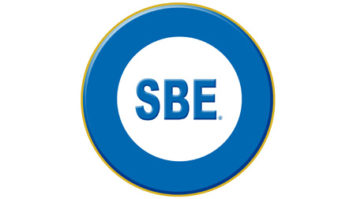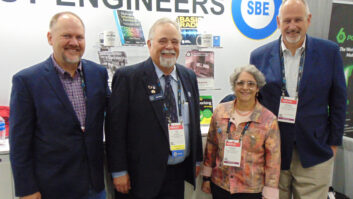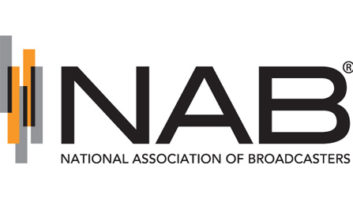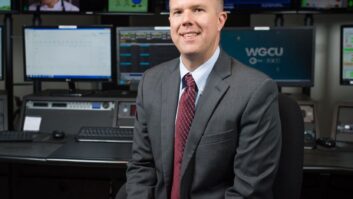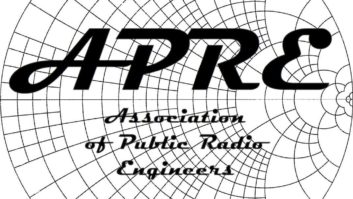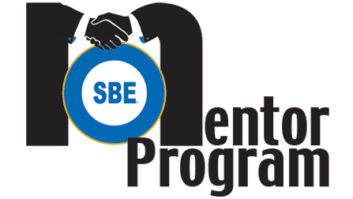The U.S. radio broadcast industry has long embraced the sagacity of engineering elders and treasured their technical advice and memories. But it also often laments a lack of younger blood. According to common wisdom, radio engineering heads are mostly gray; and when those retire, who will keep the industry humming?

Kurt Oberloh, Townsquare Media. “Create relationships. Get to know your vendors and other engineers in your area. The issues and problems you are trying to solve on your own have most likely already been seen by someone else.” Radio World has begun a series of articles about engineers under 40 who are helping to answer that question.
Name: Kurt Oberloh, 36
Company/title: Townsquare Media, Director of Engineering, Washington
City: Yakima/Tri-Cities, Wash.
Certifications/memberships: SBE member
How did you get into the field of radio/broadcast engineering?
Kurt Oberloh: I took my first radio gig at KCWU 88.1 as a broadcast IT specialist. They recently upgraded their facility to a complete Axia/Livewire plant. Once I got my feet wet, I was hooked. Creating efficient and redundant audio paths upgrading the station’s main transmitter to a Nautel VS1 and attending my first NAB conference in 2013. I then took a position with Ingstad Radio Washington, and the flood doors of experience opened. In the span of two and a half years, I built new studios with new Axia/Telos technology and upgraded automation, replaced two antennas, installed/moved 10 transmitters, built and designed Yakima Valley’s first commercial HD signal along with three translators and assisted with the conversion of a FM freestanding tower with antenna to a “long-wire” AM site keeping both stations on air from that site.
I was recruited to Townsquare Media in the beginning of 2016 to serve as their regional engineer for their Washington properties and have already started building again upgrading one of their properties to an AoIP facility using WheatNet technology.
What do you see as the most important industry trend affecting broadcast engineering today? How might it affect this profession in the future?
Oberloh: Broadcasting now is like the automobile was in the late ’80s, early ’90s. You used to be able to look at the engine on the car see what was wrong and fix it. Simple enough right? Well, now … you now need a computer to figure out what is wrong with your car. Broadcasting is the same.
Don’t get me wrong; I love the fact with AoIP I can simply route audio from one point to the next without rewiring a thing, or my transmitter will call/text/email me once it feels there is something wrong with its programming/hardware.
What advice would you give to other young engineers or to aspiring engineers?
Oberloh: Create relationships. Get to know your vendors and other engineers in your area. The issues and problems you are trying to solve on your own have most likely already been seen by someone else. Reach out and ask for help; in the long run it will help keep you sane.
Are you an engineer in your 20s or 30s? We’d like to hear from you. Email Emily Reigart at[email protected].







